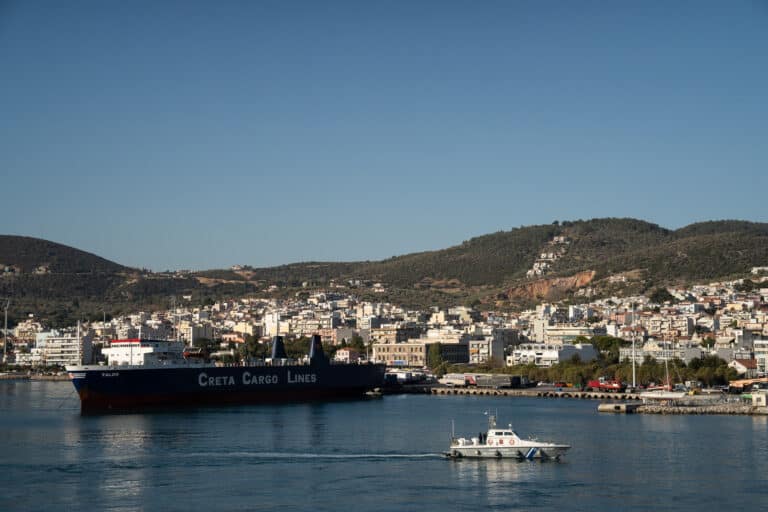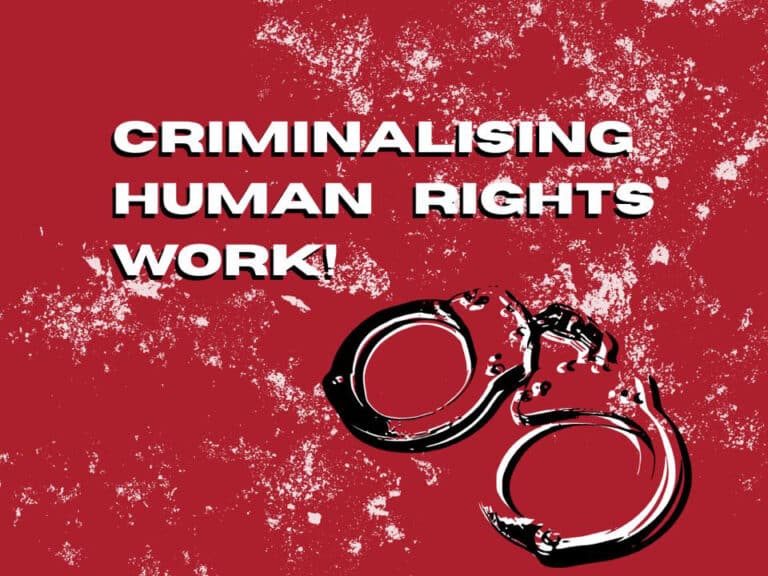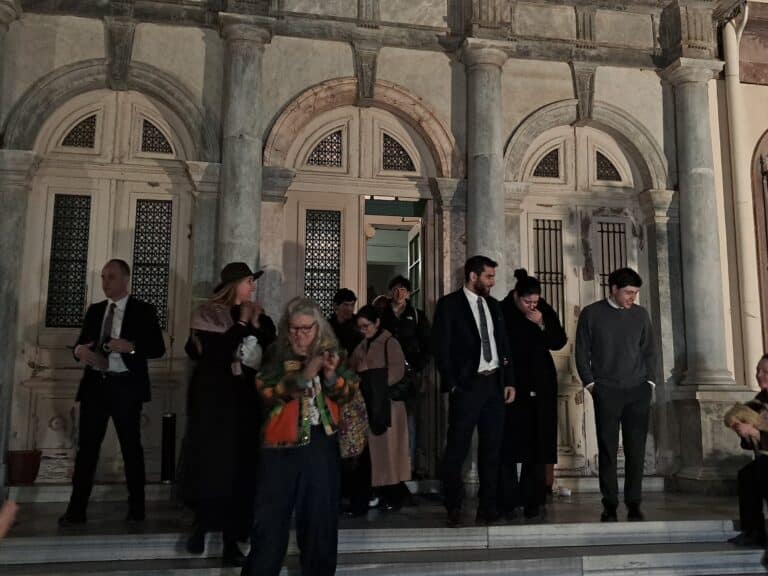CPTnet
26 March 2011
IRAQ REFLECTION: “I want everyone to hear this story”–anniversary of chemical gas attack on Halabja
by Janelle Thiessen
March 16 was the anniversary of Saddam Hussein ordering the chemical bombing of
Halabja, Iraqi Kurdistan, which killed more than 5000 people.
Kaka A. was the driver for our CPT delegation last year. We had gradually become like an
extension of his family. So, when
we visited Halabja, his home, he would not accept payment for that portion of
our journey together. While we
were there, visiting the Halabja memorial to the thousands of people who died
in the 1988 chemical attack, Kaka A. shared his story with us.
Kaka A.’s father died when he was very young and his mother was the
sole-caregiver for him and his siblings. In 1974, when he was twelve, Kaka A. was playing with his
friends when the first planes came
“First the airplane tested the area, they didn’t bomb,” he said. The airplanes that followed dropped
napalm bombs. “I stayed with
my family inside the room. We
escaped from the city with only my mother to supervise us.” They stayed in the mountains for a time
and then returned to the city.
In 1988, Iranian soldiers came to liberate Halabja from the Iraqi regime,
defeating the Iraqi army. Everyone
expected retaliation for this action. “Both armies were bad for us,” said Kaka A. A short time later napalm bombs started
raining down on Halabja. The government closed the roads to hinder
escape, so Kaka A.’s family stayed and went into their basement. “Our house was completely
destroyed, but the basement stayed whole,” he told us.
His family lived only because one of two bombs that landed
on their house did not explode. When
they saw the unexploded bomb, they fled.
A truck picked them up and took them towards the mountains. However, when they saw a plane, they
were afraid and fled from the truck into the trees. Some men in their group decided to return to Halabja to get
food, clothing, and shoes. As they
approached, they saw people running and were told that there had been a
chemical gas attack. One man told
them, “Don’t go back; I lost my whole family.” They joined the fleeing crowd and found
a ride on a truck with sixty other people. “It tipped over and fell into a valley,” said Kaka A. “People
were trapped under it, including my brother, whose arm was caught…He said to
me, ‘bring me a knife, I will cut off my hand.’” Around midnight, people came to help and freed his brother,
but he lost his arm. “We went
to Iran, but we reached the border without shoes. Sometimes things were so bad that my mother and family could not
take care of each other.” His
brother was taken to the hospital, and they were unable to find him for four
months. “We stayed there in bad
conditions until we could find my brother.”
Kaka A. concluded his story by saying, “I want everyone to hear this story,
since many people deny this happened.”



